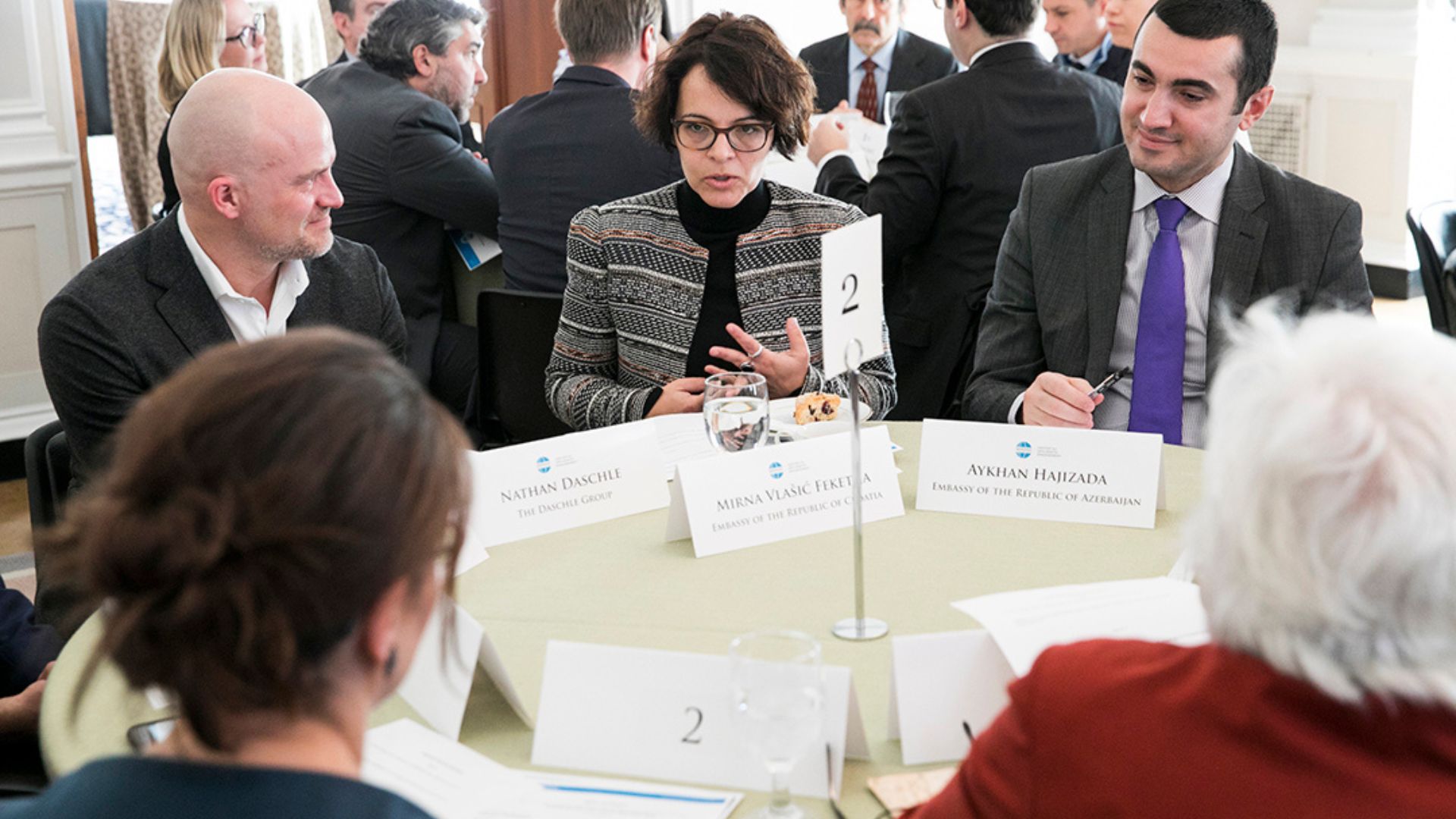International diplomacy is a critical aspect of global relations, focusing on how countries manage their interactions and resolve conflicts. Mastering effective practices in this area can significantly enhance diplomatic efforts and foster better international relationships. In this article, we’ll share key strategies for international diplomacy to help you navigate this complex field.
Understand Cultural Sensitivities
One of the fundamental best practices in international diplomacy is understanding cultural sensitivities. Every country has its own customs, traditions, and communication styles. Being aware of and respecting these differences is crucial for building trust and rapport. Misunderstanding or disregarding cultural norms can lead to conflicts or misunderstandings. To navigate these sensitivities effectively, take the time to research and understand the cultural backgrounds of your counterparts.

Communicate Clearly and Respectfully
Effective communication is at the heart of international diplomacy. Clear and respectful communication helps prevent misunderstandings and ensures that all parties are on the same page. When engaging in diplomatic discussions, use straightforward language and avoid jargon that may confuse others. Additionally, be attentive to non-verbal cues, as body language and tone can significantly impact the outcome of diplomatic exchanges.
Build Strong Relationships
Building strong, trustworthy relationships is essential for successful international diplomacy. Establishing personal connections with diplomats and leaders can facilitate smoother negotiations and create a more positive atmosphere. Take the time to attend social events, participate in joint initiatives, and engage in informal interactions. These efforts can help build rapport and foster long-term partnerships.
Prioritize Mutual Interests
In international diplomacy, focusing on mutual interests is key to achieving successful outcomes. Identifying common goals and shared objectives can help align interests and create a foundation for collaboration. Approach negotiations with a mindset of finding win-win solutions that benefit all parties involved. This approach not only helps resolve conflicts but also strengthens diplomatic ties.
Prepare Thoroughly
Thorough preparation is a vital best practice for international diplomacy. Before entering any diplomatic engagement, ensure you have a deep understanding of the issues at hand, the interests of all parties, and potential outcomes. Gather relevant data, study past interactions, and anticipate possible objections or questions. Being well-prepared demonstrates professionalism and helps build confidence in your diplomatic efforts.
Maintain Flexibility
Flexibility is another important aspect of international diplomacy. Diplomatic situations can be fluid, with new developments or changes in circumstances. Being adaptable and open to adjusting your approach can help you navigate these changes effectively. Flexibility allows you to respond to evolving situations and find solutions that address the needs of all parties involved.
Promote Transparency
Transparency plays a crucial role in international diplomacy. Being open and honest in your communications helps build trust and credibility. Share information openly and avoid hidden agendas or deceitful tactics. Transparency fosters an environment of trust and encourages constructive dialogue, making it easier to resolve issues and reach agreements.
Utilize Diplomatic Protocols
Understanding and utilizing diplomatic protocols is essential for effective international diplomacy. Protocols dictate the formal rules and procedures for diplomatic interactions, including how to address representatives, the order of precedence, and the conduct during official meetings. Adhering to these protocols demonstrates respect for the diplomatic process and ensures that interactions proceed smoothly.
Leverage Multilateral Platforms
Multilateral platforms, such as international organizations and summits, offer valuable opportunities for international diplomacy. Engaging in these forums allows countries to address global issues collectively and collaborate on solutions. Participate actively in these platforms, contribute constructively, and build alliances with other nations. Leveraging multilateral platforms can enhance your diplomatic reach and influence.
Evaluate and Reflect
Finally, regularly evaluating and reflecting on your diplomatic efforts is crucial for continuous improvement. Assess the outcomes of your diplomatic engagements, analyze what worked well, and identify areas for improvement. Reflecting on past experiences helps refine your strategies and enhances your effectiveness in future diplomatic interactions.
Conclusion
In conclusion, mastering international diplomacy involves a combination of cultural awareness, clear communication, relationship-building, and strategic preparation. By focusing on mutual interests, maintaining flexibility, promoting transparency, and utilizing diplomatic protocols, you can enhance your effectiveness in managing international relations. Leveraging multilateral platforms and regularly evaluating your efforts will also contribute to your success. Adopting these best practices will help you navigate the complexities of international diplomacy and achieve positive outcomes in global interactions.

